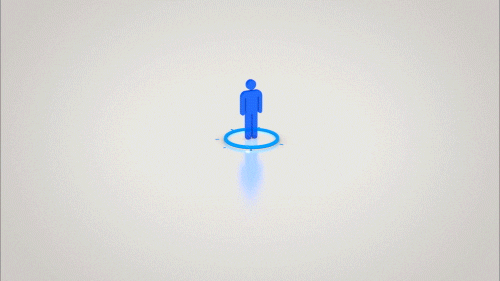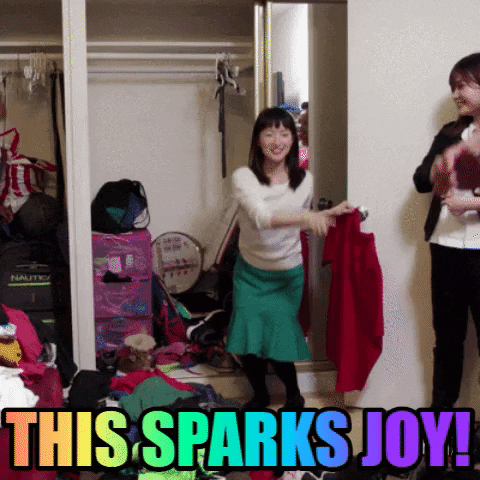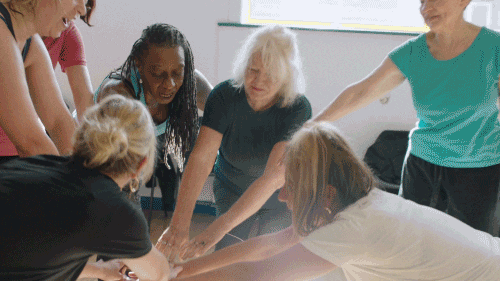 Whether you're in the best of times, or the worst of times, it's important to have a support network to give you a sense of community and belonging.
Whether you're in the best of times, or the worst of times, it's important to have a support network to give you a sense of community and belonging.
What Is A Support Network?

Your support network is anyone who can guide you on your personal or professional journey.
Think of them as the positive people in your life. They could be:
family members
relatives
friends
mentors
classmates
co-workers
acquaintances
neighbors
Who Should You Seek Out?
You'll always be building and maintaining your support network. This takes time and patience.
It begins with your day-to-day experiences of others. Think like Marie Kondo and ask:
"Who brings me joy?"
Add those people who will happily get behind your professional or personal journey to your support network!

Subscribe for more quick bites of learning delivered to your inbox.
Unsubscribe anytime. No spam. 🙂
How Do You Make Connections?
 If you're in school...
If you're in school...
A classmate can have a positive impact on your learning journey by being your study buddy, having conversations outside of class over mutual interests, or just helping you feel better when you're struggling.
 If you're at work...
If you're at work...
A close coworker can give you guidance on your professional development. They can help you identify blind spots that prevent you from developing your skills or improving your job prospects.
What may start off as a school or work relationship can extend to a long-term friendship.
Just remember to pay it forward by being a part of their support network. Help them meet their own personal and professional needs, too!
Take Action
 Find your support network!
Find your support network!
Your feedback matters to us.
This Byte helped me better understand the topic.

